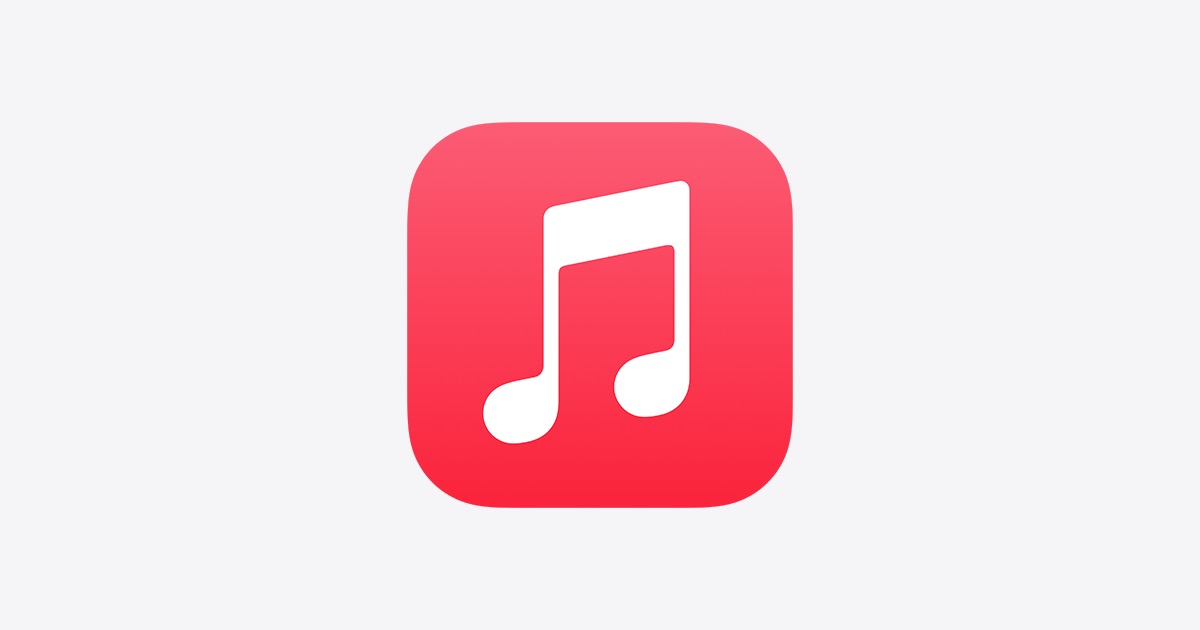
Royalties from music streaming services, including Apple Music and Spotify, are weighted unfairly against artists, according to a committee of Members of Parliament in the UK (via BBC News).

An investigation by the UK parliament's Digital, Culture, Media and Sport (DCMS) committee into music streaming found that artists see "pitiful returns."
The committee called for a "complete reset" of the market in the UK, with artists being given a "fair share" of record label earnings from streaming. All of the money streaming services currently pay goes to rights-holders, who then pass on a small share to artists. Labels and publishers currently keep the vast majority of profits.
MPs proposed that royalties should be split evenly between labels and artists, instead of the average current rate where artists receive around 16 percent. Other recommendations included new legislation that allows musicians to reclaim the rights to their work after a certain period of time, improves artists' rights to adjust contracts, and increased transparency about how much money is flowing from streaming services.
The British Phonographic Industry (BPI), which represents the recorded music industry in the UK, said that streaming was "enabling more artists than ever" to earn a "long-term, sustainable income" and that any new policies should be properly examined to prevent "unintended consequences for investment into new talent."
The music industry's three major labels, Sony, Universal, and Warner Music, warned that any disruption could damage investment in new music and argued against the idea that streaming was comparable to radio, where artists already receive an equal 50/50 royalty split.
Representatives from streaming services, on the other hand, were not directly opposed to changing the royalty system but noted that 70 percent of their income already goes to labels, publishers, and artists, suggesting that it should be labels who reduce their share of royalties to give more to artists. Nevertheless, Apple Music's Global Senior Director of Music Publishing, Elena Segal, cautioned:
It is a narrow-margin business, so it wouldn't actually take that much to upset the so-called apple cart.
Apple Music is believed to pay better royalties than Spotify and YouTube, which made it less of a focus for MPs, who were more concerned about the fact that YouTube accounts for 51 percent of music streaming while contributing just seven percent of music industry revenue.
The committee also said that streaming services should ensure that curators who make playlists adhere to a "code of conduct" to avoid bribes and favoritism toward certain artists that could lead to some music being unfairly overrepresented.
Article Link: Music Streaming Services Point to Labels in Inquiry into Unfair Artist Royalties

